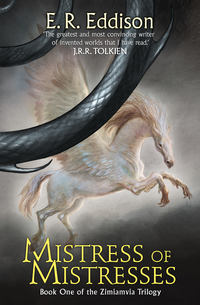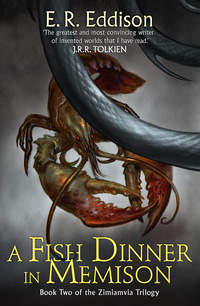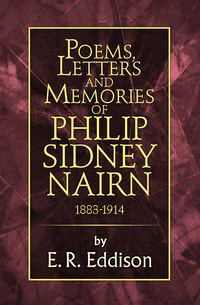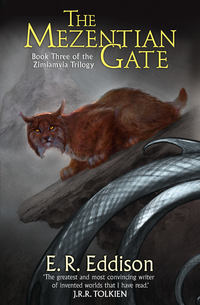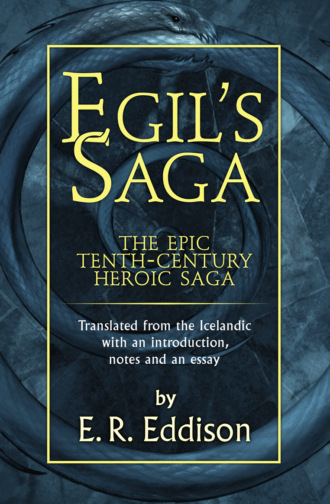
Полная версия
Egil’s Saga
We noticed just now that physical beauty plays but a small part in the sagas. But there is a beauty too of human action, and the part assigned to this is a very great one. Professor Gordon well says: “Probably in no other literature is conduct so carefully examined and appraised; and the basis of the valuation is not moral, but aesthetic. In no other literature is there such a sense of the beauty of human conduct; indeed, the authors of Icelandic prose, with the exception of Snorri, do not seem to have cared for beauty in anything else than conduct and character. The heroes and heroines themselves had the aesthetic view of conduct; it was their chief guide, for they had a very undeveloped conception of morality, and none at all of sin”.* We may well rub our eyes, and wonder whether we have not dreamed ourselves back to Hellas, and the old Greek ideal of καλός κάγαθός. There is indeed a kinship between the Greek spirit and the spirit of the sagas. Σωϕροσύνη, for which we have no word in English, is the governing law of Northern aesthetic as it is of the Greek. It is not ‘temperance’, or ‘moderation’, drab virtues of little men negatively withholding them from this and that. It is rather the power by which a man may, in spirit, ride whirlwinds, but control them; may be passionate, but not slave to passion; may (as Webster in his Italian dramas) tread, safe and triumphantly, the perilous knife-edge of high tragedy where it leads across gulfs of sentimentality and melodrama which lesser poets do not dare to approach. Sc it is that, just as there is a Greek restraint and perfection about the practical actions which enthral the saga-man’s mind with their beauty, so is the speech in which he records those actions informed with the like qualities. The best Icelandic prose is deliberate, simple, and laconic, using the rough, salt speech of men of their hands: direct, unselfconscious, farmer’s talk, unsophisticated, yet classic and noble, because it is the talk of a people bom with a natural instinct for language and for dramatic narrative.
If the question is asked why Iceland, and not Norway, Sweden or Denmark, was the home of the classic literature, it is not easy to find any certain answer. The likeliest explanation that I am aware of was given me in conversation by Professor Nordal. The Norsemen, he says, were a conquering race. They came to Iceland meaning to conquer, but found nothing to be conquered: only barren earth and stones. They were thus in a manner checked in mid stride. But they were not merely rough, violent men, adventurers on wide seas, great strikers: they were also men of great pride of birth. Balked of temporal empire, they turned their minds to history, and, employing those gifts of intellect and character which we have already noticed, carved out for themselves in the country of the mind a more perdurable kingdom, not made with hands. This seems a reasonable account of the matter, and is at least free from the folly of those who would magnify the small Keltic admixture in the blood of the early settlers in order to pray in aid Keltic ancestry as an explanation of a phenomenon which, whatever other affinities it may have, is the antithesis of anything Keltic.
And now, before we leave this brief survey of the saga and its place in literature, let us listen for a minute more especially for its underlying note. We shall hear in it, ever and again, like a great ground-bass droning always beneath the swift play of strife and the busy affairs of men, the deep consciousness of the transience of human things. Listen to it in Egla: Kveldulf; Thorolf in his strength and promise; old Biorgolf and his ‘loose bridal’ of December and May, and its unwholesome fruit; Biorgolf dead and gone; Thorolf unjustly done to death by the King he deserved well of; Kveldulf dead on his exiled voyage to the new country; his coffin cast adrift to choose a landing for his son, since life lasted not long enough for him to choose it living; Egil’s birth and violent childhood, prophetic of his after life with its skaldship and its manslayings; his time in Norway, with the old tyrant dead and a new raised up; the blood-feud lulled but not ended betwixt the house of Harald Hairfair and the house of Kveldulf; a new generation where new faces appear in the old houses; Athelstane and England, and the fall of the younger Thorolf; strife again in Norway; the noble friendship of Egil and Arinbiorn, calling to mind that friendship of an earlier generation, of Thorolf Kveldulfson and Bard, that was cut short by Bard’s death after Hafrsfirth; the fresh breach with Eric and Gunnhild; Iceland again, and Skallagrim’s end; Egil’s new journey east, and his falling into his enemies’ hand at York; the great scene with the King and Queen and Arinbiorn, and the poem Höfuðlausn; Arinbiorn’s fall, fighting for Harald Greycloak at the Neck; Egil’s last great adventure on the Vermland expedition; his latter years in Iceland; his affection for his pet daughter, Thergerd, and the skilful, humorous, loving touch with which she brought him safe out of the shadow of death after the bitter loss of his best-loved sons; his old age, “after a great life, with eyes waxing dim”, with all its masterfulness, and loneliness, and hard justness, lighted like an Indian summer by his friendship with the younger poet, Einar Jingle-scale; later on, blind and helpless, ordered about by kitchen-wenches and bondwomen; the last pitiful flicker of his cunning, his greed, and his indomitable will, when he buried his treasure and covered all traces by killing with his bare hands the thralls he took to do the work; his soft natural death after fourscore years, strange in a man whose life from his youth up was all battles and dangers; and, for a farewell, Egil’s bones dug up years afterwards and wondered at for their bigness, beyond the wont of men.
We may think of that old saying: Tout passe, tout casse, tout lasse. The passing away of all human things both good and bad, the breaking at length of all we care for here on earth; it is this that the deep ground-bass of the saga drones of, ceaselessly, like the ceaseless rumour of the sea. But of that last cry, tout lasse! there is no note, listen we never so closely. The strong Northern spirit, looking with clear eyes upon the shifting pageant of death and birth, has not, it would seem, been able so much as to imagine this last betrayal of life, this whimper of little men defeated by destiny.
* “The leaves were all gemmed with tears the clouds had dight…. Earth was carpeted with flowers tinctured infinite; for Spring was come brightening the place with joy and delight; and the streams ran ringing, to the birds’ gay singing, while the rustling breeze upspringing attempered the air to temperance exquisite.” (The Book of A Thousand Nights and a Night: Story of Nur al-Din Ali and the damsel Anis al-Jalis, Burton’s transl. vol. II.)
* Old Norse, by E. V. Gordon, p. xxxii, Clarendon Press, 1927.
NOTE
The small figures in the text refer to the Miscellaneous Notes at the end, pp. 252 to 311.
As regards proper names, it may be noted that in Icelandic
(1) G is never soft as in English gaol;
(2) the diphthongs EI and EY are pronounced as in English rein, they, not as in German.
Конец ознакомительного фрагмента.
Текст предоставлен ООО «ЛитРес».
Прочитайте эту книгу целиком, купив полную легальную версию на ЛитРес.
Безопасно оплатить книгу можно банковской картой Visa, MasterCard, Maestro, со счета мобильного телефона, с платежного терминала, в салоне МТС или Связной, через PayPal, WebMoney, Яндекс.Деньги, QIWI Кошелек, бонусными картами или другим удобным Вам способом.



